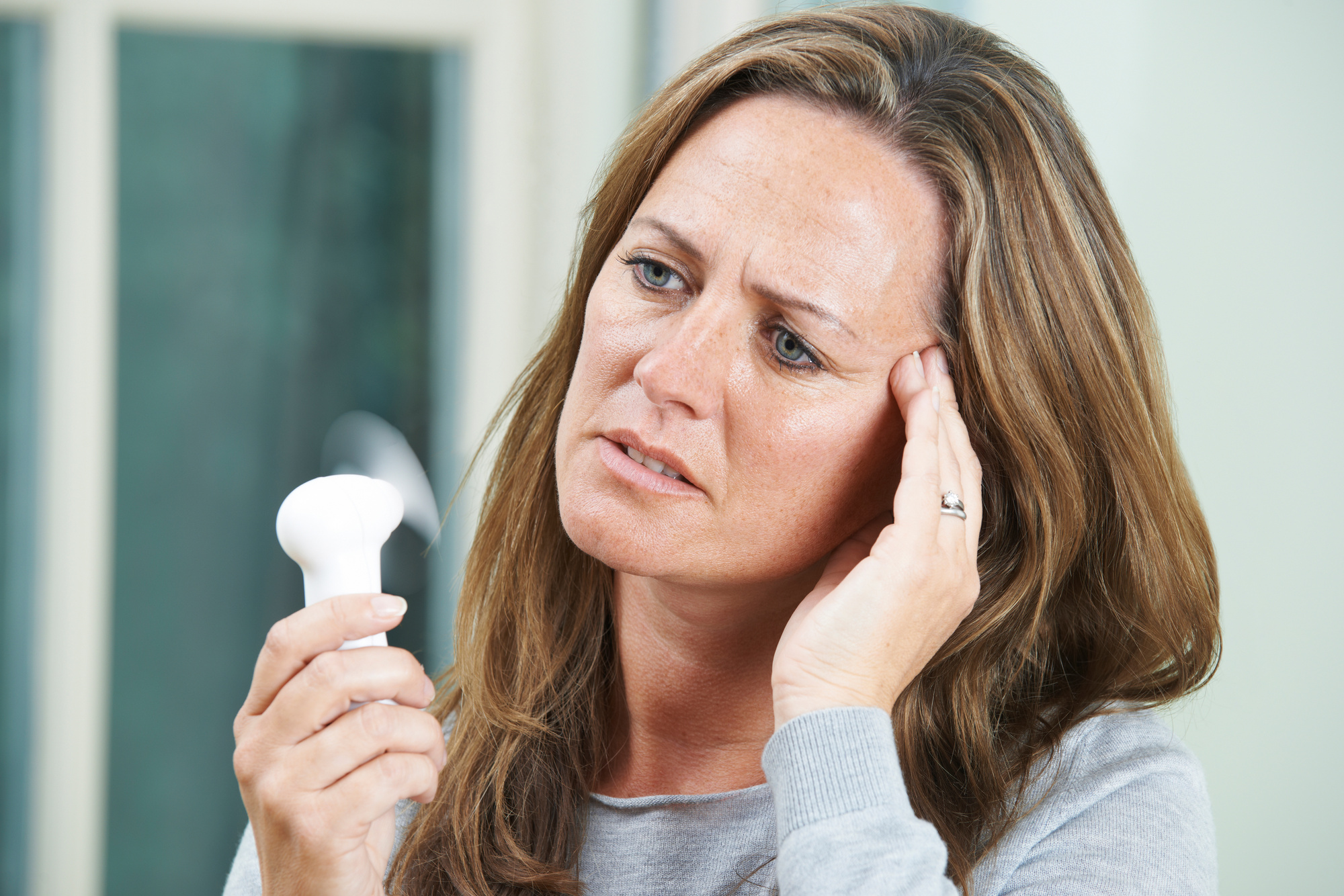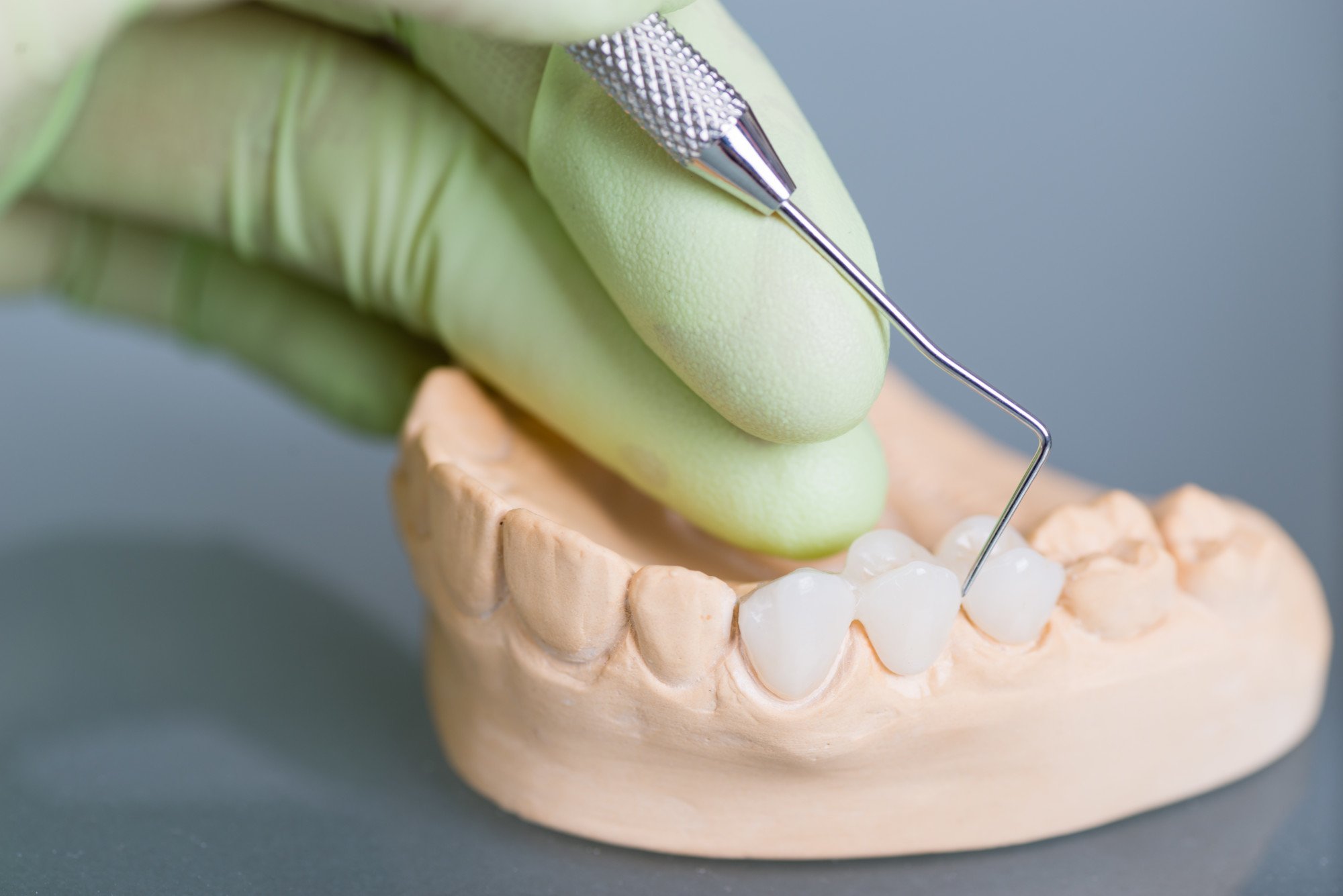
Most people need to take time off from work due to illness or injury. For women though, they seem to realize at times that they were always tired during a certain period of their life and wanted to be off more than a day.
Do you think this relates to menopause?
Are you in your 40s or 50s and suffering from changes in your body? Have you wondered whether these disturbances are caused by menopause? Don’t fret.
With this guide, you’ll be able to know if you’re under the average age of perimenopause and menopause. That way, you can start the conversation with your healthcare provider about the possibilities of treatment when you’re ready.
Average Age of Perimenopause and Menopause
This can vary quite significantly from one woman to the next. Menopause typically occurs between the ages of 45 and 55, though it can occur earlier or later. Perimenopause – the transitional period before menopause – can begin as early as the late 30s or as late as the early 50s.
Signs of Perimenopause and Menopause
During perimenopause, hormone levels begin to fluctuate, leading to a variety of uncomfortable symptoms. The most common signs of these life stages are irregular periods, hot flashes, and night sweats. Some may also experience weight gain, sleep disturbances, and decreased libido.
Other physical and emotional changes may also appear. This may be in the form of headaches, trouble sleeping, intense fatigue, and mood swings.
After about four years, perimenopause ends and menopause begins. Menopause is when menstrual periods stop and a woman is no longer able to get pregnant.
Hormonal Treatments
Hormonal options include low-dose birth control pills and vaginal estrogen creams. Hormone replacement therapy is the most common treatment. It involves taking a combination of estrogen and progesterone to reduce the symptoms of menopause
Other hormonal treatments, such as selective estrogen receptor modulators (SERMs), are also available to help alleviate symptoms. For more severe cases, a specialist may recommend other treatments like antidepressants or other medications.
Treatment should be individualized to fit each person’s specific needs. For the best course of action, doctors should be consulted.
Because of this wide variation in ages, it is beneficial to seek treatment sooner rather than later. Early diagnosis and treatment can reduce the risk factors associated with long-term health issues. It can also help provide relief from the symptoms.
Natural Remedies
For women who can’t take hormonal treatments, there’s another way. Natural remedies can be used in the form of dietary and lifestyle changes to help ease the discomforts associated with hormonal imbalances. Eating a balanced diet high in fiber, whole grains, and plant-based proteins can help to regulate hormones.
Additionally, taking herbal supplements can help to support healthy hormone levels. Exercise, adequate sleep, relaxation exercises, and reduced stress levels can also help.
Understanding Your Body
The average age of perimenopause and menopause can vary greatly between individuals. Fortunately, there are numerous available treatment options to help manage the symptoms and ease the transition. Don’t forget to talk to your doctor about the right approach.
We hope you’ve enjoyed reading about the average age for menopause symptoms. Make sure to pin this article to your favorite boards so that you can read it again any time you want. Visit our blog for more articles.





